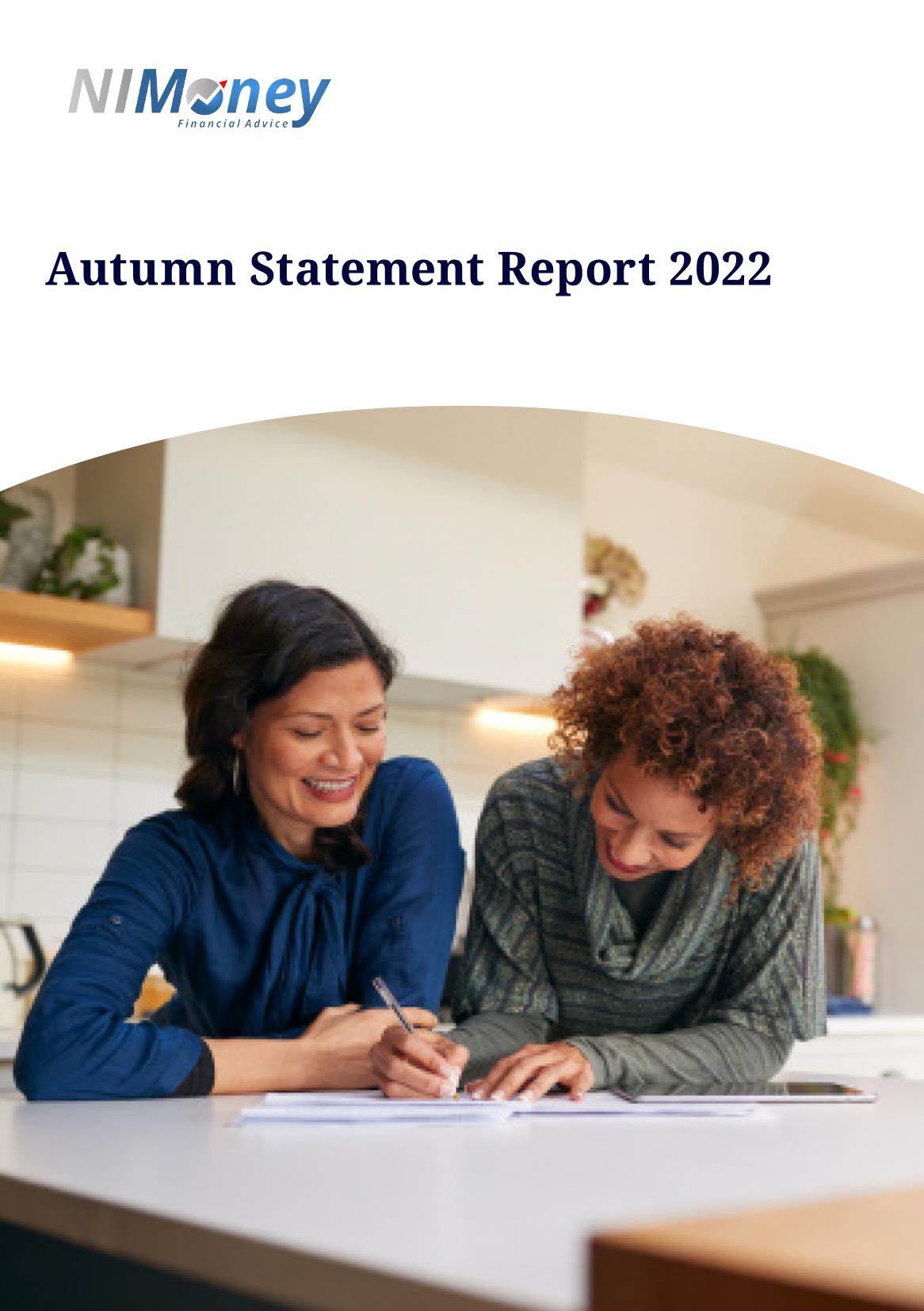Pensions in the Workplace
Six years on from Automatic Enrolment
Six years on from the launch of Automatic Enrolment in workplace
pensions figures show there are close to 10million UK workers saving for
retirement. But a recent Office for National Statistics (ONS) survey revealed
13% of people believe they don’t know enough about pensions to save into one.
So, do you know if you are saving in to a workplace pension, how much you are
saving or how much you need to save?
The ONS survey reveals 91% of eligible employees are now contributing to a pension but only 63% have realised they are doing so. If you aren’t eligible, you can still ask to join the pension scheme if you wish. Auto-enrolment means that workers aged between 22 and state pension age and earning over £10,000 are automatically opted in to their employer’s workplace pension scheme. Currently those enrolled must pay in at least 3% of your earnings and employers must pay in 2%. From April 2019 individuals must pay in minimum 5% and employers 3%.
In the example below, you can see the pension contributions based on a 35-year-old woman earning £35,000 per year and paying contributions based on qualifying earnings of £28,968 per year (Earnings before tax up to a maximum limit of £46,350 per year less the lower earnings threshold of £6,032)
| Now |
April 2019 onwards |
|
| Monthly contribution |
£57.94 |
£96.56 |
| Tax Relief (some of the money that goes to the government from your pay in the form of income tax then goes to your pension pot) |
£14.48 |
£24.14 |
| Employer's monthly contribution |
£48.28 |
£72.42 |
| Total monthly contributions |
£120.70 |
£193.12 |
If you're a man born on or after 6 April 1951 or a woman born on or after 6 April 1953, you'll receive the new State Pension at retirement. The maximum is currently £164.35 per week for the 2018/19 tax year (The actual amount you receive will depend on your individual national insurance contributions).
By staying opted-in to your company pension scheme you will also receive extra income from the contributions you and your employer have made whilst you are in work (plus any growth).
Automatic enrolment makes joining and staying in a pension scheme as easy as possible. The contributions that you and your employer pay will automatically be invested along with any tax relief and if you change employers you can take your pension pot with you to combine with your new employers pension or if you choose you can leave it where it is.
Where ever you are with your retirement planning get in touch to talk to us about your options.
The value of investments and any income from them can fall as well as rise and you may not get back the original amount invested.
HM Revenue and Customs practice and the law relating to taxation are complex and subject to individual circumstances and changes which cannot be foreseen.











